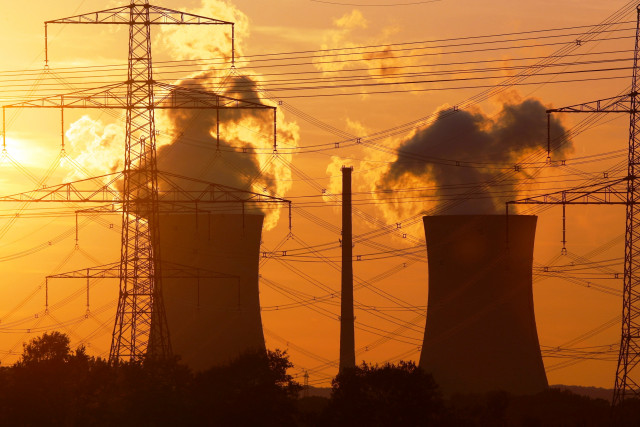Australia’s most populated state lifts uranium ban
The country is the world’s third-ranking producer of uranium, a key input for nuclear power.

Barry O'Farrell, premier of New South Wales, said the quarter-century ban would end so officials can “get the facts” about the extent of any uranium reserves in the state, home to Australia’s biggest city Sydney.
Uranium is a key input for nuclear power.
“We’d be mugs (fools) in the current climate, given the revenue being generated in other states, given the jobs being generated in other states, not to do this step, which is to see what uranium resources exist across New South Wales,” O’Farrell told reporters.
“Clearly we’re a government that needs revenue in order to build the hospitals, the roads, the railways, the other infrastructure New South Wales needs. It would be stupid to turn a blind eye to the existence of resources in New South Wales,” he added.
There are uranium mines in South Australia state and the Northern Territory but while uranium exploration is allowed in resource-rich Queensland, mining is banned there.
Western Australia, which has massive mineral wealth, currently has no uranium mines but a decision on a new project is expected this year. Victoria will now be the only Australian state with a total ban on uranium.
O’Farrell’s decision, criticised by opposition lawmakers and environmental groups, follows Canberra’s lifting in December of a long-standing national ban on exporting uranium to India, opening up a huge new market.
Australia does not use nuclear power but it is the world’s third-ranking uranium producer behind Kazakhstan and Canada, exporting 9,600 tonnes of oxide concentrate worth more than Aus$1.1 billion (US$1.2 billion) a year.
It also has the world’s largest uranium reserves, holding 23% of the global total, according to the World Nuclear Association.
Japan, the United States and European Union account for the majority of Canberra’s exports of the nuclear fuel, with smaller shipments to South Korea, China, Canada and Taiwan.
National Resources Minister Martin Ferguson last year described uranium as a “key industry” for Australia, estimating that total output would double within four years and quadruple within two decades.



















COMMENTS
Comments are moderated and generally will be posted if they are on-topic and not abusive.
For more information, please see our Comments FAQ